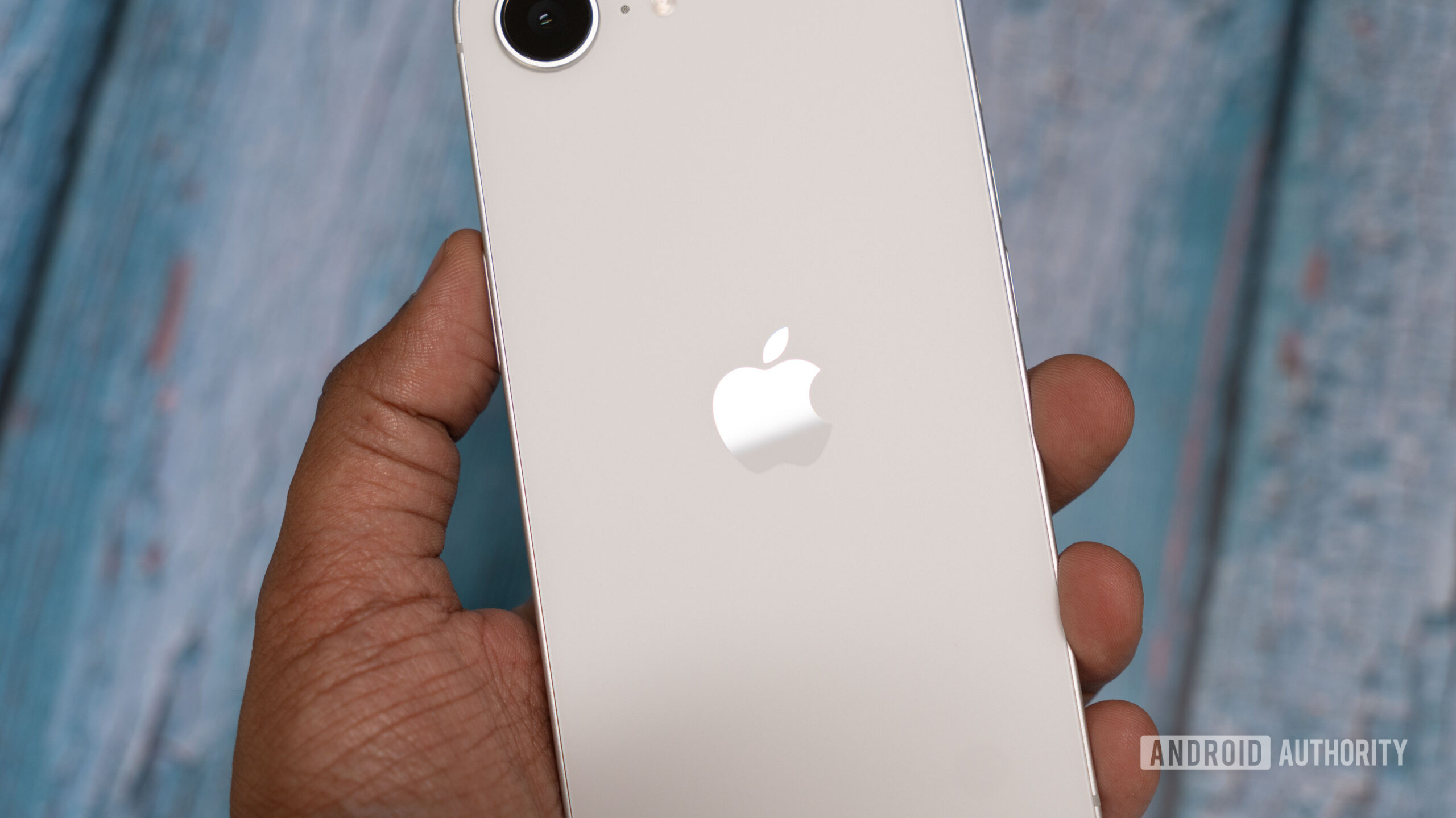Everyone needs to write things down from time to time. Note-taking apps let you do just that, and they seamlessly sync your memos across all your other devices. However, their real advantage lies in how they help you organize and find information. The best apps offer multiple structuring options, including folders or notebooks, as well as effective tagging and search features. In short, a good note-taking app is like having a personal internet where you can easily look up anything about your life. We’ve been testing note-taking apps for more than a decade, and our top picks include the extremely capable Microsoft OneNote and the open-source Joplin. But these aren’t the only apps worth checking out, so read on for more of our top picks.
Deeper Dive: Our Top Tested Picks
EDITORS’ NOTE
November 19, 2025: With this update, we removed Google Keep and Notion from our lineup of recommended note-taking apps. We are in the process of retesting Obsidian, but have vetted the other picks for currency and availability.
- Free version includes all core features
- Excellent organization tools
- Supports free-form placement of attachments, drawings, and text
- Top-notch web clipper
- Local storage option available only on Windows
- Limited OCR tools
- No geotagging
Even as a free app, OneNote stands out. It has every feature you could want, from organizational structure to cross-platform syncing, voice notes, and OCR. It also comes with the best web clipping tool we’ve seen. OneNote is the first application most people should consider when looking for a note-taking app. It’s a no-brainer if you subscribe to any Microsoft 365 plan.
People who don’t want to pay: Oftentimes, free apps lack significant features compared with paid services, but Microsoft OneNote is an exception. The only major things you give up by not paying are the ability to store files locally on Windows and additional storage space.
Most people: Note-taking is a personal activity, so no single app will work for everyone; however, Microsoft OneNote is flexible enough to suit practically anyone. It offers apps for every major operating system, features an intuitive design, and boasts a plethora of features.
Free Storage
5GB
Storage for Price Listed
1TB
Max File Upload
100MB
Learn More
Microsoft OneNote Review
- Free and open-source
- Available on all major platforms
- Excellent interface and importer tools
- Decent web clipper
- Mobile scanning, OCR, sketching, and other features require plug-ins
The open-source Joplin is as close to a perfect note-taking app as you can get if you’re looking for something relatively simple. It’s completely free and stores your notes locally on your computer if you choose—though you can also pay to use Joplin’s cloud storage. Notes you take in Joplin are yours in the same way that notes you take in a paper notebook are. This approach, until recently, had a downside: a lack of collaboration tools. That’s changed, as Joplin now offers notebook sharing for those willing to pay a fee.
People who love simplicity: Joplin is as simple as it gets for a note-taking app. If you just want a quick way to jot something down, the app is tough to beat.
The privacy-conscious: Many note-taking apps focus on cloud storage, but the privacy-respecting Joplin gives you complete ownership of your notes by storing them locally on your device by default.
Free Storage
Bring Your Own
Storage for Price Listed
Bring Your Own
Max File Upload
None
Best for Existing Evernote Users
Evernote
- Effortless note-taking and syncing
- Powerful search capabilities
- Excellent AI-enabled transcription
- Flexible collaboration features
- Expensive
- Free version isn’t worth using
Evernote once dominated the note-taking space, but no longer. It’s still a powerful note-taking platform, however, thanks to its AI-enabled plain language search tool, OCR features, and support for voice notes. Moreover, Evernote’s collaboration features are fairly deep, and its interface now has less clutter than before. Just note that the free version is limited, and the paid plans are relatively expensive for the features they offer.
Legacy Evernote users: Since Evernote used to be so dominant in the note-taking world, you might already have a ton of notes on Evernote. If you don’t want to deal with exporting your notes and are willing to pay for Evernote, it remains extremely functional.
People who want focused AI tools: AI tools in Evernote can paraphrase, proofread, summarize, or translate text you highlight. The AI can also help you come up with the title, introduction, or conclusion for the note you are currently working on
Free Storage
250MB per month
Storage for Price Listed
250MB per month
Max File Upload
200MB
Learn More
Evernote Review
- Free for personal use
- All notes stored locally as text documents
- Multiple ways to organize notes
- Completely customizable
- Extensive plug-in and theme ecosystem
- Difficult to get started
- No collaboration
- Paid sync service is expensive
Obsidian is the most flexible note-taking app we tested. It offers hundreds of extensive customization options, themes, and user-built plug-ins, allowing you to make it look and act exactly the way you want. It also stores files locally, with an optional subscription to enable syncing.
Note-takers on a budget: Obsidian is entirely free for personal use, and you need to pay only if you want to save to cloud storage or publish your notes online.
Power users: Appropriate for power users, Obsidian offers rich customization options, plug-ins galore, and the ability to connect notes in a network-like structure.
Free Storage
Bring Your Own
Learn More
Obsidian Review
Best Alternative to Apple Notes
Bear
- Attractive, streamlined design
- Supports OCR for PDF files and photos
- Available only for Apple devices
- Syncing is a paid feature that requires iCloud storage
- Web clipper is fairly basic
Bear is a beautiful note-taking app for iPads, iPhones, and Macs. Although it seems simple, it has some advanced features, such as OCR (for images and PDF files) and a web clipper (which allows you to save content from web pages). The free version is fairly basic, but the paid version costs a reasonable $2.99 per month.
Apple Notes users: If you’re looking for a beefier version of Apple Notes, check out Bear. The app is exclusive to Apple devices, and iCloud is your only option for cloud storage with it.
Fans of the Apple aesthetic: Bear’s interface mirrors that of Apple’s first-party apps, opting for a simple, sleek aesthetic. It won’t look out of place among all the other programs you use on your Apple devices.
Free Storage
Bring Your Own
Storage for Price Listed
Bring Your Own
Max File Upload
None
- Completely free
- Supports collaboration and public notes
- Available on every platform
- No images or attachments
- Only one tool for organizing notes (tags)
- No advanced features
- Weak privacy policy
A lot of note-taking apps pile on features. Not Simplenote. This application embodies the “do one thing well” mantra. With Simplenote, you write text notes, sync them to other devices, and that’s basically it. Simplenote is completely free and has apps for every major platform, including Linux.
Seekers of simplicity: Simplenote is ideal if you don’t need to attach files to your notes or use other advanced features. It’s also easy to get started with, as it doesn’t have a significant learning curve.
The subscription-averse: Simplenote doesn’t just have a free version alongside subscription plans; it’s entirely free. You can’t pay extra for premium features because they don’t exist.
Free Storage
Unlimited
Storage for Price Listed
Unlimited
Max File Upload
N/A
Learn More
Simplenote Review
- Highly competitive price
- Beautiful interface
- Rich text formatting with markdown support
- Cross-platform apps
- File uploads top out at 20MB
- No OCR or sketching tools
- Lacks collaboration features
Built by a two-person team, UpNote feels every bit as polished as the best note-taking apps from huge corporations—all without the need for an ongoing subscription. This app has some downsides, primarily related to the size of files you can upload and a few missing features, but UpNote is an otherwise worthy choice. We also like that it automatically converts most Markdown code into the rich text format.
Bargain hunters: UpNote is a top app to consider if you prioritize value above all else. It charges just $1.99 per month for its premium subscription, and a lifetime license is available for $39.99.
Rich Text converts: If you are trying to transition away from using Markdown formatting, UpNote automatically converts most Markdown code into the rich text format. We like how seamless and unobtrusive this feature works.
Free Storage
50 Notes
Storage for Price Listed
Unlimited
Max File Upload
20MB

Get Our Best Stories!
All the Latest Tech, Tested by Our Experts

By clicking Sign Me Up, you confirm you are 16+ and agree to our Terms of Use and Privacy
Policy.
Thanks for signing up!
Your subscription has been confirmed. Keep an eye on your inbox!
The Best Note-Taking Apps for 2025
Compare Specs
Buying Guide: The Best Note-Taking Apps for 2025
How Much Should You Pay for a Note-Taking App?
Pricing for note-taking apps varies significantly. The best note-taking app overall, OneNote, is free. Customers who pay for Microsoft 365 receive additional storage through OneDrive and select Copilot features. The cheapest paid app we reviewed, UpNote, costs $1.99 per month or $39.99 for a lifetime subscription, though it lacks advanced features. The most expensive app we reviewed is Evernote; its paid plans start at $14.99 per month.
Although we don’t include them in this list, Apple Notes and Google Keep both work fine. If you find them sufficient for your needs, you don’t need to pay for an alternative.
What Is the Best Free and Open-Source Note-Taking App?
The open-source Joplin is free to download and does not restrict access to any core features. The only catch is that it stores notes locally rather than in the cloud. Of course, privacy enthusiasts see that as an upside, and you might, too. You can pay Joplin to sync your notes if you want, but support for syncing via Dropbox, NextCloud, and OneDrive means you don’t have to. Joplin has apps for all the major platforms, excellent tools for importing notes from other applications (including Evernote), and a great web clipper.
Which Note-Taking Apps Are Best for Teams?
Teams need to be able to comment on and share notes with each other. Microsoft OneNote is best for this use case. It features excellent collaboration tools that integrate seamlessly with Microsoft Teams. You can share entire notebooks and track who says what.
Other applications with built-in collaboration features include Evernote and Notion, though both are quite expensive compared with OneNote.
What Features Should You Look for in a Note-Taking App?
The first things you should look for are organizational tools. Do you prefer using folders, tags, or both? Next, you should examine how formatting works. Some applications use rich text, while others require that you learn to use Markdown, a formatting language that uses special characters to apply boldface, hyperlinks, and italics.
Recommended by Our Editors
Then, consider advanced features. If you have an iPad or another tablet that supports a stylus, you may want to look for one that also supports drawing and writing by hand. If you work with a lot of paper documents, you should seek out an application that supports the bulk scanning of pages. In that case, you’ll want optical character recognition (OCR), which enables scanned documents and other images to be searchable and indexed. Some people also like taking voice notes.
Finally, it’s worth considering AI features. Some applications, such as Evernote, Notion, and OneNote, offer tools that can automatically summarize meeting notes or pull in action items, among other things.









